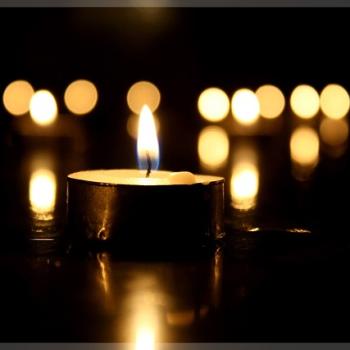Colson trained his redeemed intellectual agility and organizational ability on destroying the idols of power and corruption through a peculiar instrument: prison ministry. Those who knew him best still observed that he was most himself when he was around prisoners—a broken man among broken men. Even as he sought to engage with the profound ideas that invisibly shaped public culture, he remained a marked man: a convicted felon whose public identity would always be remembered for the day he entered Maxwell Federal Prison on July 9, 1974.
News of his death prompted widespread attention to a life that had spanned the gamut from power to prison to pulpit. Unlike Victor Hugo's Jean Valjean, Chuck Colson willingly owned his prison brand because he had discovered something alluded to by Nathaniel Hawthorne's Hester Prynne. "Hidden sinfulness" loses its power when exposed. While the memory of the crime might still reside in the conscience of the offender, redemption comes through a change brought about through the mystery of grace by the power of the Holy Spirit. Chuck Colson was a changed man who now lives in a place where only sinners dwell—sinners made righteous through a conversion to Jesus Christ.





